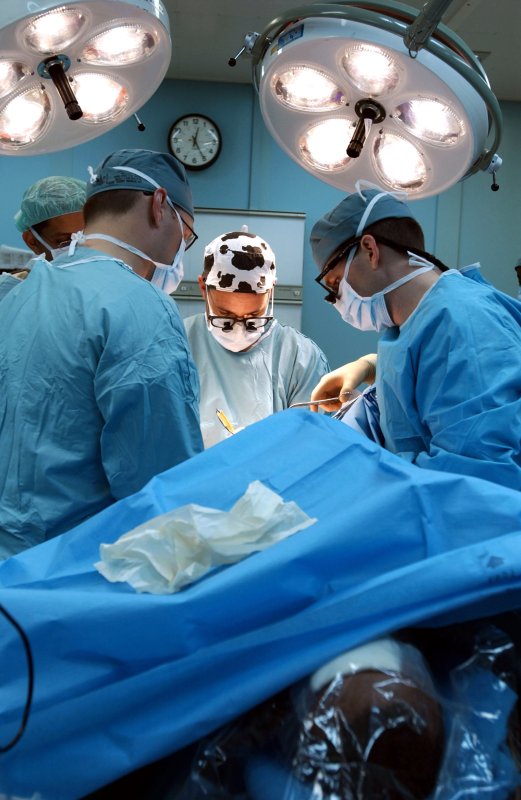Gunny
Gold Member
(AP) -- People struggling to get rid of recurrent staph infections might want to consider an often-overlooked source: the family pet.
Doctors have reported the first transmission of MRSA between a cat a German woman.
A German woman repeatedly battled the same strain of drug-resistant superbug MRSA until her cat was tested and treated.
It's one of the few documented cases of transmission of methicillin-resistant Staphylococcus aureus between a person and a cat.
The otherwise healthy woman had deep abscesses, or boils, all over her back, said Dr. Andreas Sing, a microbiologist at the Bavarian Health and Food Safety Authority in Oberschleissheim near Munich.
Nasal and other swabs from her husband and two children showed they carried the MRSA germ on skin but had no signs of infection.
Antiseptic washes and antibiotic nasal ointment killed the germ in the other family members, but the woman was still infected.
Don't Miss
CDC: MRSA information
The ugly truth about life with a 'superbug'
Four weeks after the apparently healthy cat was treated with antibiotics, the woman was free of MRSA and her abscesses had all healed, Sing wrote in a brief report in Thursday's New England Journal of Medicine.
(AP) -- People struggling to get rid of recurrent staph infections might want to consider an often-overlooked source: the family pet.
Doctors have reported the first transmission of MRSA between a cat a German woman.
A German woman repeatedly battled the same strain of drug-resistant superbug MRSA until her cat was tested and treated.
It's one of the few documented cases of transmission of methicillin-resistant Staphylococcus aureus between a person and a cat.
The otherwise healthy woman had deep abscesses, or boils, all over her back, said Dr. Andreas Sing, a microbiologist at the Bavarian Health and Food Safety Authority in Oberschleissheim near Munich.
Nasal and other swabs from her husband and two children showed they carried the MRSA germ on skin but had no signs of infection.
Antiseptic washes and antibiotic nasal ointment killed the germ in the other family members, but the woman was still infected.
Four weeks after the apparently healthy cat was treated with antibiotics, the woman was free of MRSA and her abscesses had all healed, Sing wrote in a brief report in Thursday's New England Journal of Medicine.
more ... http://www.cnn.com/2008/HEALTH/conditions/03/12/cat.staph.ap/index.html
Info for anyone that might have a recurring problem with this. Took my wife 3 months to get rid of it last year (no pet involved). It's no joke.



